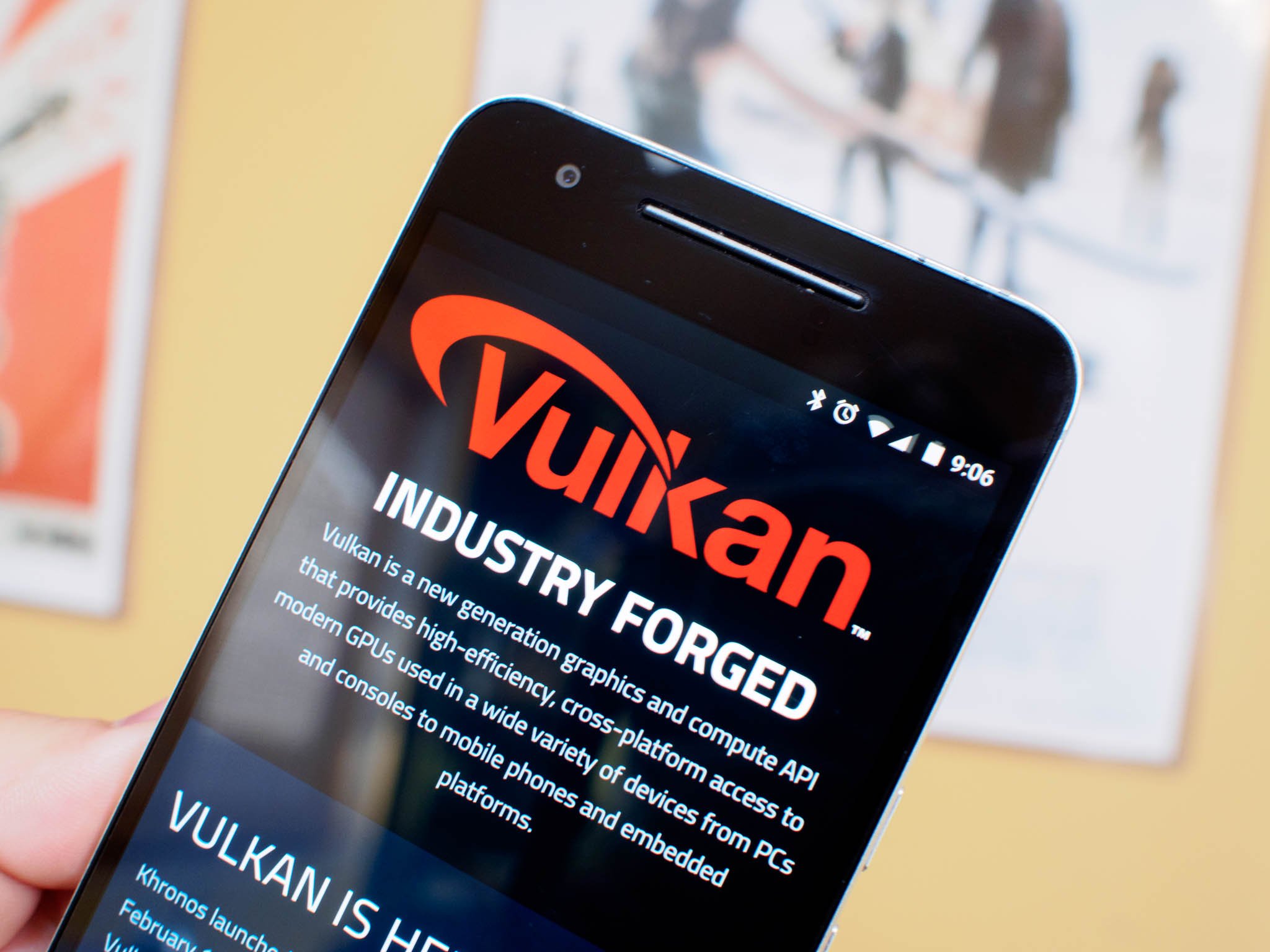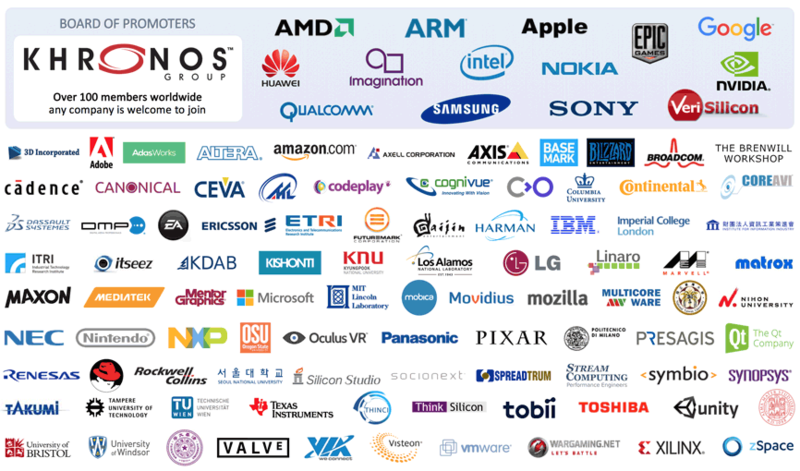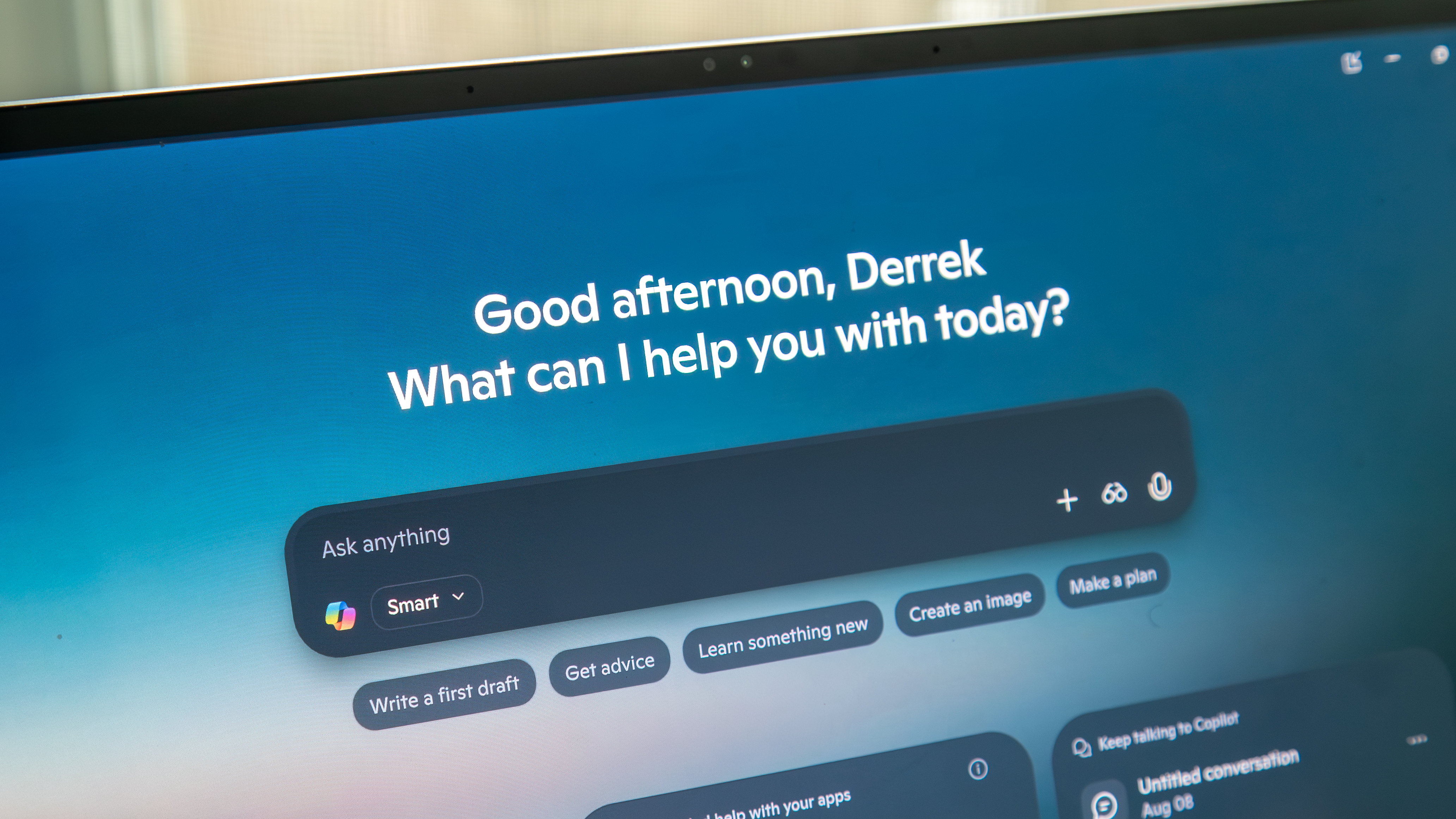What are the Vulkan APIs, and what do they mean for Android?

Get the latest news from Android Central, your trusted companion in the world of Android
You are now subscribed
Your newsletter sign-up was successful
There's a new technology being played with by developers all around the world right now, and if you've been paying attention to the Desktop gaming world you've probably heard the world Vulkan tossed around recently. Folks excited about Vulkan aren't talking about Spock, but are actually excited about a new set of APIs with the lofty goal of making it possible to build a single game for multiple platforms and have that game outperform the current industry standard by leaps and bounds.
Here's what you need to know about Vulkan, and why you're going to be hearing a lot more about this over the next year.
You probably don't know it, but most of the games you play on your phone rely on a system that was built for a much older kind of computing in order to deliver you the experiences you have today. OpenGL ES has been considered an industry standard for a long time now, but it was built for a time when single-core processors ruled the computing world and to this day doesn't do enough to take advantage of multi-core processors. In a world where desktop and mobile processors are being released with four, six, and even eight cores on a regular basis, this causes a massive performance gap that needs to be addressed.
Basically, Vulkan means better gaming experiences and higher quality games are on the way to Android.
Vulkan is an open source framework aimed at multi-threading in a way that OpenGL ES simply isn't capable of. It gives developers the tools to make their games more efficient by allowing the game better use of the processor, and is designed in such a way that it can be used for computing and rendering alike. It's largely based on APIs originally conceived by AMD called Mantle, but have since been expanded and improved by the Khronos Group which changed the name to Vulkan in the process.
Version 1.0 of Vulkan was released recently for Windows, Linux, and Android. On Android, where single-core performance is already not spectacular, this is a really big deal. Offering developers a way to better utilize the processor on an Android phone or tablet means the same game would consume significantly less power to deliver the same results. It also means developers can ramp up to better graphics, more challenging game environments, and a better overall game experience on our existing processors.

As is often the case with new technologies like this, Vulkan is going to take a while to be available to everyone. NVIDIA has already released developer builds for their current-generation Android tablets and consoles, but that's a very small corner of Android for now. If you take a look at the list of members for the company supporting Vulkan, the Khronos Group, you'll see that the rest of Android is not likely to be far behind in supporting this technology. Google, Samsung, Sony, Qualcomm, Huawei, and several other big names are on a list of dozens currently contributing to Vulkan. It's likely we won't see anything from Google about Vulkan natively in Android until the next big version release, but there's a better than good chance we'll see more about Vulkan and Android before that happens.
Basically, Vulkan means better gaming experiences and higher quality games are on the way to Android. It's a great step forward, but it's also the kind of thing that is likely to take a while for everyone to fully enjoy. Before long it's likely we'll see developers showing off what they've accomplished with Vulkan, and that's when things will get really exciting.
Get the latest news from Android Central, your trusted companion in the world of Android

